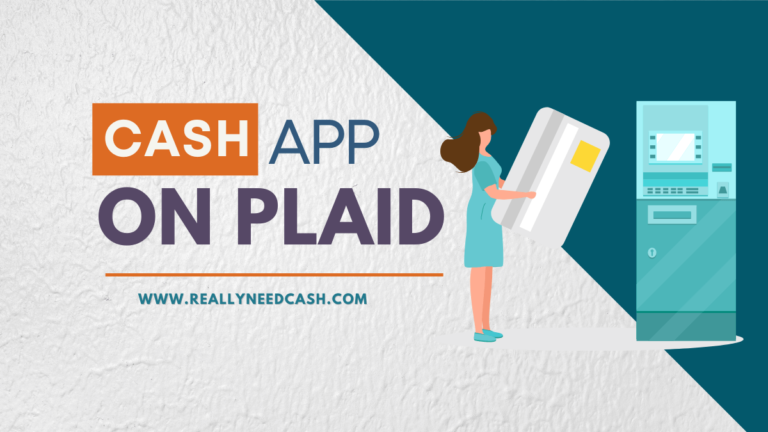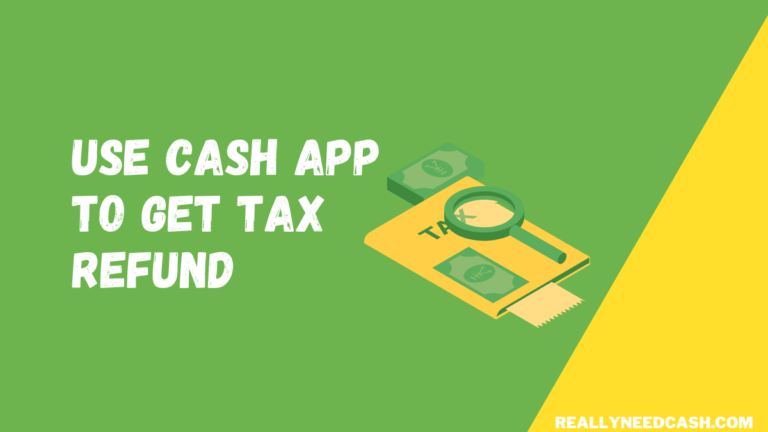Understanding Cash App Investing
Cash App Investing offers a simple way to buy and sell stocks directly from your smartphone. This platform is designed for both new and experienced investors who want an easy-to-use tool for managing their investments.
What Is Cash App Investing?
Cash App Investing is a feature within the Cash App that allows users to invest in stocks and exchange-traded funds (ETFs). This service is provided by Cash App Investing LLC, a subsidiary of Square, Inc. It allows you to trade without commission fees, which is a big advantage compared to many traditional brokerages. With as little as $1, you can start buying shares, making it accessible for beginners.
It’s important to note that Cash App Investing is regulated by the Securities Investor Protection Corporation (SIPC), which helps protect your investments up to certain limits. The app provides a user-friendly interface that makes trading intuitive, whether you’re a new investor or someone looking to manage a portfolio.
Getting Started with Cash App Investing
Starting with Cash App Investing is straightforward. First, you’ll need to set up a Cash App account if you don’t have one. After logging in, tap on the “Investing” tab, and you’ll find options for buying and selling stocks.
Here’s a quick checklist to get started:
- Download Cash App: Available for both iOS and Android devices.
- Create an Account: Provide personal information, including your bank account or debit card details.
- Fund Your Account: Transfer money to your Cash App balance to start trading.
- Choose Stocks: Browse through available stocks; you can even set up a watchlist for stocks you’re interested in.
This process makes it easy to build your investment portfolio at your own pace.
Cash App Investing vs. Other Brokerages
When comparing Cash App Investing to other brokerages like Robinhood and E*TRADE, there are some key differences. Cash App Investing is simpler and more user-friendly, ideal for beginners. It doesn’t charge commissions for trades, while some brokerages may have hidden fees.
Here’s a quick comparison:
| Feature | Cash App Investing | Robinhood | E*TRADE |
|---|---|---|---|
| Commission Fees | None | None | Varies by trade |
| Minimum Investment | $1 | $0 | Varies by trade |
| User Interface | Simple and Intuitive | Intuitive | More complex |
| Asset Types | Stocks, ETFs | Stocks, Options | Stocks, ETFs, Bonds |
Cash App investing focuses on ease and accessibility, while traditional brokerages like E*TRADE offer more advanced tools for experienced investors. This makes Cash App a great starting point for those new to investing.
Managing Investments on Cash App
Managing investments on Cash App is straightforward. I can easily buy and sell stocks while accessing key features that help me track my investments. Let’s break down how I can manage my investments effectively.
Buying and Selling Stocks
To buy stocks on Cash App, I begin by launching the app and navigating to the “Investing” tab. Here, I can search for the companies I want to invest in. Cash App allows me to purchase both whole and fractional shares. This means I can start investing even with a limited budget. For example, if a stock costs $100, I can buy $10 worth if I choose a fractional share.
When I want to sell stocks, I simply go back to my portfolio. I select the stock I want to sell and enter the amount. After confirming the sale, the money from the sale goes directly to my Cash App balance. This process is quick, which helps me react to market changes effectively. Remember to consider the risks involved with trading stocks and only invest money I can afford to lose.
Cash App Investing Account Features
Having a Cash App Investing account offers useful features that simplify investment management. Each account is a zero-balance account, meaning I don’t need to keep money in the investment account. Instead, funds are transferred from my Cash App balance when I make stock purchases.
The app offers tools to track my investment performance easily. I can view my stock ownership and any dividends from my investments. Additionally, I can set a PIN for added security when making transactions. Cash App also doesn’t charge commission fees, which is a big plus for me. With a user-friendly interface, I can quickly access my investments and make informed decisions.
Understanding the Risks and Fees
When using Cash App for stock trading, it’s important to know the fees and risks involved. While the platform offers a user-friendly experience, being informed helps in making smarter investment choices.
Fee Structure in Cash App Investing
Cash App Investing is designed to minimize costs for users. There are no monthly maintenance fees or trade commissions. You can start investing with just $1, which is very appealing.
While trading is mostly free, there may be government-mandated fees when buying or selling certain securities. This means it’s wise to check the specifics related to each trade.
Overall, not charging commissions makes Cash App a popular choice for beginner investors looking for free stock trading options. It’s crucial to remain aware of any additional costs that might arise during transactions.
Risks Associated with Stock Trading
Investing in stocks always carries some risks. With Cash App, some common risks to consider include market volatility and loss of investment. Prices can change rapidly, which can lead to unexpected losses.
Another risk involves needing investment advice. While I can easily buy stocks on Cash App, I might miss out on potential insights from financial experts. Relying solely on my judgment may not always lead to the best outcomes.
Additionally, using a mobile platform can sometimes create security concerns. Ensuring my account is secure is essential. I must use strong passwords and monitor for unauthorized activities to protect my investments.
Frequently Asked Questions
I will answer common questions about how to buy, sell, and manage stocks on Cash App. This section covers the steps to purchase stocks, how to realize profits, the implications of fractional shares, and the process for selling stocks.
What are the steps to purchase stocks on Cash App?
To buy stocks on Cash App, I first open the app and go to the “Investing” tab. Next, I select “Stocks” and browse the available options. Once I find a stock I want, I enter the amount I wish to invest and confirm the purchase. The whole process is user-friendly.
How are profits realized from investments in Cash App stocks?
Profits from stocks on Cash App become real when I sell my shares at a higher price than what I paid. If a stock I bought for $10 rises to $15, my profit is $5 per share. I keep track of my investments to know when to sell.
What are the implications of buying a fractional share of stock through Cash App?
Buying fractional shares on Cash App means I can invest in expensive stocks without needing the full share price. If a stock costs $100, I can invest $10 and own a fraction of that share. This approach allows for diversification in my investment portfolio.
Can you outline the process for selling stocks on Cash App?
To sell stocks on Cash App, I go to the “Investing” tab and select the stock I want to sell. I choose the option to “Sell,” enter the number of shares, and confirm the sale. The funds will then become available in my Cash App balance.
What are some strategies for choosing stocks to invest in via Cash App?
When choosing stocks, I consider sectors that interest me, check recent performance, and follow market trends. I also read about companies and look at their earnings reports to make informed decisions. Sometimes, I rely on recommendations and reviews available in the app.
How do you transfer the value of your Cash App stock holdings to your bank account?
To transfer funds, I first sell my stocks as needed. Once the sale is complete, I tap on my Cash App balance. From there, I can choose to transfer the money to my linked bank account, selecting the amount and confirming the transfer.







